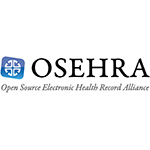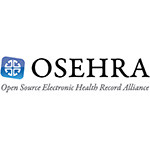According to the federal website, “HealthIT.gov” which has been set up to explain these new technologies, an electronic medical record is simply “a digital version of a paper chart that contains all of a patient’s medical history from one practice.” The records are used in the same way paper records would be in the treatment of your disease or condition.
The records allow your treatment to be tracked and measured over time, and for your care to be compared to other treatments you may be receiving from medical speciailists. Readings such as blood pressure, weight, medication intake, and vaccination history are recorded in the medical record as they would be in a paper chart.
By standardizing these records, the information one doctor (or his staff) gathers during your clinic visit can be shared with other clinics or specialists. This helps speed up your treatment, and it helps with the accuracy of the information shared between different practices.
It’s important to note that just because a record is electronic, the information contained in that record may still be distributed to other medical providers in a printed format. The electronic medical record is any medical information that is recorded in a digital format in a single medical provider’s office, while electronic health records may contain a more comprehensive history of your healthcare.
“For example,” says the HealthIT website, “electronic health records (EHRs) are designed to contain and share information from all providers involved in a patient’s care. EHR data can be created, managed, and consulted by authorized providers and staff from across more than one health care organization.”
Your electronic health record will follow you from doctor to doctor, even if you receive care from different health providers. Think of your electronic health record as a file folder full of separate electronic medical records.
If you have questions about the new technologies, visit the federal website at http://healthit.gov and click on the “Patients & Families” link at the top of the page. Source



























